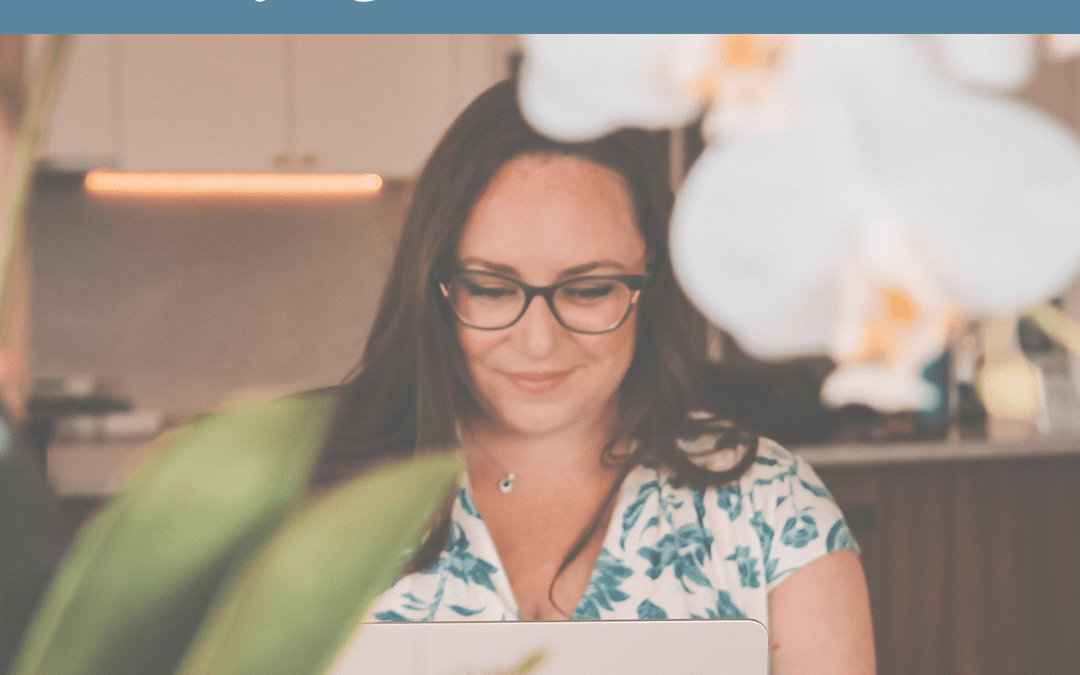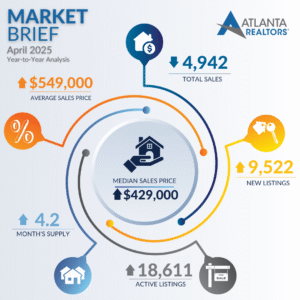Hey future homeowners! If you’re dreaming of buying your first home but feeling a bit daunted by the financial side of things, you’re not alone. The process of saving, budgeting, and securing a mortgage can seem overwhelming, but with a little guidance, you can navigate it like a pro. Plus, I’ve got a free home buyer guide that’ll walk you through every step of the process. Let’s dive into the financial prep work that will set you up for home buying success!
1. Assess Your Financial Health: Know Where You Stand
Before you start saving for a down payment or looking at houses, it’s crucial to understand your current financial situation.
- Review Your Credit Score: Your credit score will significantly impact your mortgage rates. Check your score and take steps to improve it if necessary.
- Calculate Your Debt-to-Income Ratio: Lenders use this ratio to assess your ability to manage monthly payments. Aim for a ratio of 36% or lower.
- Analyze Your Spending: Track your income and expenses to see where your money is going each month. This will help you identify areas where you can cut back and save more.
Pro Tip: Download our free home buyer guide for a detailed checklist to assess your financial health and tips to boost your credit score.
2. Create a Budget: Plan Your Path to Homeownership
Setting a budget is a critical step in preparing to buy a home. It helps you understand how much you can afford and keeps your finances on track.
- Estimate Your Down Payment: Typically, you’ll need to save 20% of the home’s purchase price to avoid private mortgage insurance (PMI). However, there are programs available for lower down payments.
- Factor in Closing Costs: These can range from 2% to 5% of the home’s purchase price. Include these in your budget to avoid surprises.
- Plan for Moving Expenses: Don’t forget to budget for moving costs, utility setup fees, and any immediate repairs or furnishings you’ll need.
Saving for your closing costs is important, but we can also get seller contribution to help out!
3. Save Smart: Build Your Down Payment Fund
Saving for a down payment can be one of the most challenging parts of buying a home, but with the right strategies, it’s entirely achievable.
- Set Up a Dedicated Savings Account: Keep your down payment fund separate from your regular accounts to avoid spending it.
- Automate Your Savings: Set up automatic transfers to your savings account to ensure you’re consistently building your fund.
- Cut Unnecessary Expenses: Review your monthly expenses and cut back on non-essentials. Consider dining out less, canceling unused subscriptions, and finding cheaper entertainment options.
Pro Tip: Our free home buyer guide includes a savings plan template to help you reach your down payment goal faster.
4. Explore Financing Options: Find the Best Mortgage for You
Understanding your financing options is crucial to making informed decisions about your mortgage.
- Compare Lenders: Shop around and compare offers from multiple lenders to find the best rates and terms.
- Understand Different Loan Types: Familiarize yourself with the various types of mortgages available, such as fixed-rate, adjustable-rate, Conventional, FHA, VA, and USDA loans.
- Get Pre-Approved: A pre-approval letter shows sellers you’re serious and gives you a clear idea of what you can afford.
Depending on the property, it might be a better move to put less down initially and use the extra money to renovate, and then refinance, rather than looking for the perfect home to put a large downpayment on.
5. Prepare for Homeownership: Beyond the Purchase Price
Owning a home involves more than just the initial purchase price. Be prepared for ongoing costs and responsibilities.
- Maintenance and Repairs: Budget for regular maintenance and unexpected repairs. A good rule of thumb is to set aside 1% of the home’s value each year.
- Property Taxes and Insurance: These are recurring costs that can vary widely depending on your location and the value of your home.
- Utilities and Upgrades: New homeowners often underestimate the cost of utilities and potential upgrades or renovations.
Pro Tip: Our free home buyer guide includes a comprehensive list of ongoing homeownership costs to help you plan ahead.
To Wrap Up:
Financial preparation is the foundation of a successful home buying journey. By understanding your financial health, creating a budget, saving strategically, exploring your financing options, and preparing for ongoing costs, you’ll be well on your way to buying your first home with confidence. Don’t forget to download our free home buyer guide for more tips, checklists, and resources to help you every step of the way. Happy home buying!




